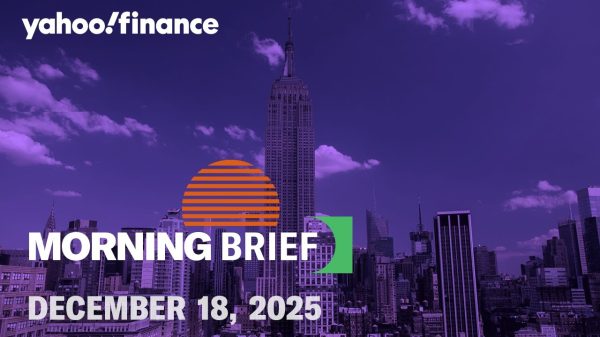Family offices are planning big changes to their investment strategies as an era of low inflation comes to an end and the Covid pandemic fades into the rearview, according to the 2023 Global Family Office Report from wealth manager UBS.
Most notably, family offices are shifting their allocations to bonds issued in developed markets, the report said. They are also turning to emerging-market stocks and are diversifying their private-market holdings by investing in hedge funds and private-equity funds versus direct private investments, according to the report.
UBS surveyed 230 offices globally, with an average net worth of $2.2 billion each. As interest rates have risen, many families have increased their exposure to bonds, particularly high-quality, short-duration securities “to enhance diversification, potentially for protection, yield, and capital appreciation,” the report said. According to the survey, 38% of family offices plan to boost these allocations in the next five years, a marked change after three years of reduced exposure.
Allocations to alternative investments—representing 45% of total portfolio investments—will stay roughly steady this year, the report found.
Family offices boosted their exposure to hedge funds from 4% of portfolio assets in 2021 to 7% last year, and plan to hold that allocation roughly steady at 6% this year, on average, although 21% say they will increase their hedge fund exposure within the next five years, the report said. The most popular hedge-fund strategies are global macro and multi-strategy, respondents said.
And while many family offices expect to cut their exposure to direct investments in private equity and to real estate this year, some are shifting to private-equity funds and to private debt and infrastructure.
“We are discussing whether the equity boom of the last 15 years, where money was free, has been followed by an inflection point that indicates a different environment,” said one U.K.-based manager. “That’s leading to conversations about increasing allocations to quality private credit.”
The notion that markets now face an inflection point is also reflected in preferences for active management, UBS said. About 35% of the offices surveyed are relying more on investment manager selection in 2023.
There are also plans to increase allocations to emerging market stocks in 2023. That’s due to a “perceived peak in the U.S. dollar and China’s reopening,” UBS said.
But perceptions of financial market risks vary depending on where the family offices are located. For those in the U.S., recession is the biggest concern, while those in Europe and Asia-Pacific call geopolitics—the Russia-Ukraine war and tensions between the U.S. and China, mostly—their biggest concern.
Some U.S.-based respondents expressed more hesitation about market conditions and an interest in preserving, rather than growing, capital, while a Swiss family office CIO said he was “quite excited about this environment” and hoped to deploy more capital soon. Still, U.S. allocations to cash averaged only 7%, lower than the global average of 9%.
Many family offices are also in the process of shuffling exposure across geographies. More than one-quarter of respondents expect to raise their allocation to Western Europe, while 31% plan to boost exposure to Asia-Pacific economies outside of China.
One thing that hasn’t changed is interest in growth-investment themes. Three-quarters of family offices expect to put money to work in “digital transformation,” while 67% plan investments in medical devices and health technology, and 64% are looking toward automation and robotics investments.
Amid debate about how to define and evaluate sustainable and impactful investments, family offices expect to decrease their allocations to more simplified exclusion-based strategies, while sticking with approaches that integrate environmental, social, and governance considerations and modestly increasing those that intentionally seek to make a positive environmental or social impact.
Planned allocations to impact investing themes are set to rise to 11% from 8% over the next five years, while ESG integration strategies are expected to remain constant at about 22%, the report said.
The current “pause for reflection” may also be due to an expected shift in investment intentions as wealth passes to the next generation, UBS said.
Read the full article here












